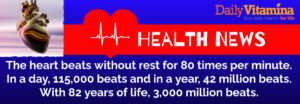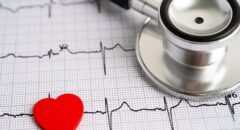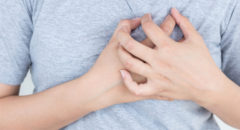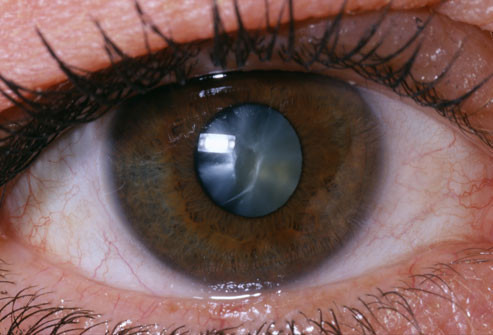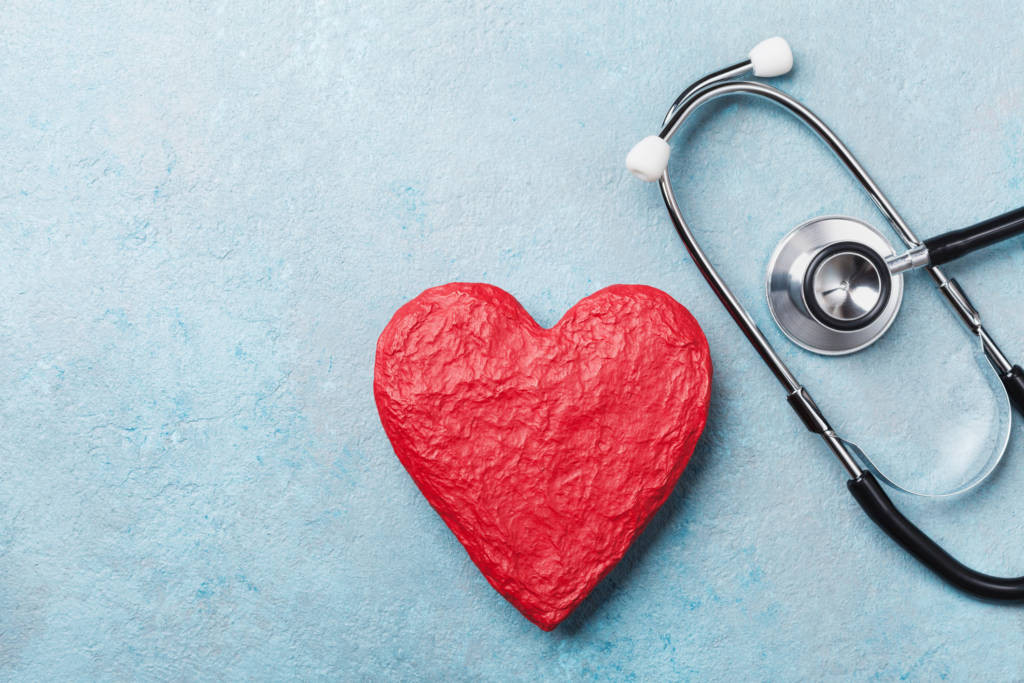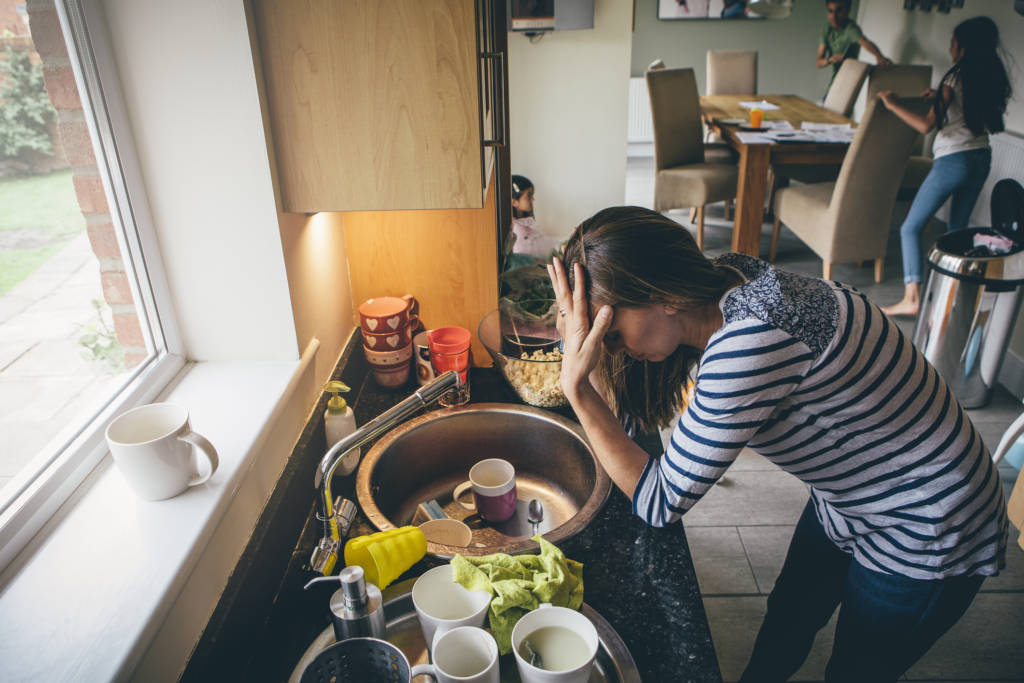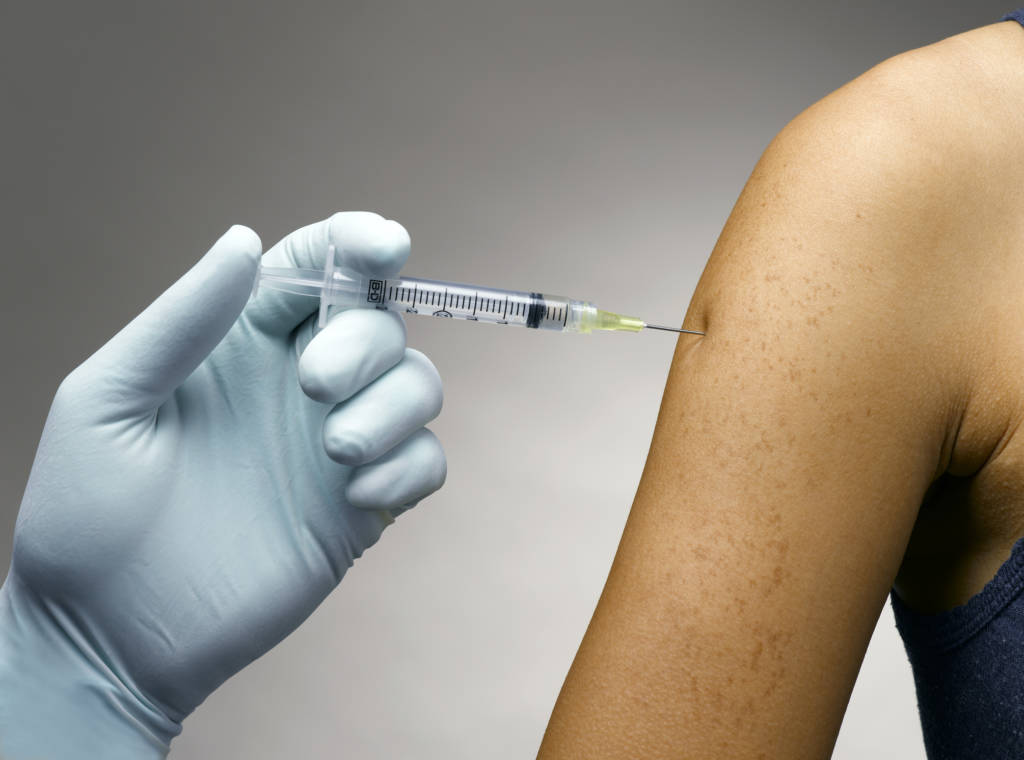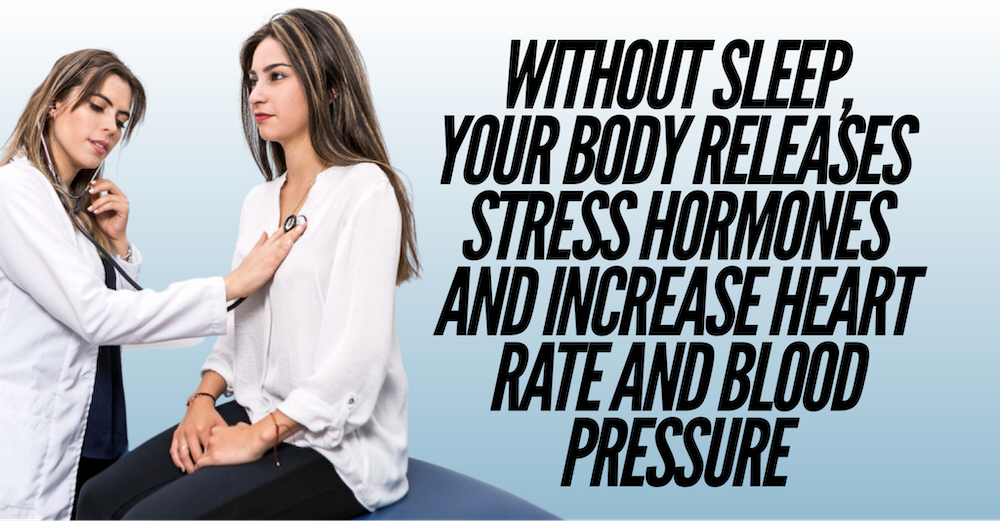
After waking up, Luke noticed his heart was racing. He tried to calm himself down, but it only made his heart beat faster. He attempted to concentrate on his daily routine, but his heart was beating so fast that it seemed like it would burst out of his chest.
Luke consulted his doctor, who diagnosed him with a ‘racing heart,’ a common condition when the heart beats more than usual due to stress, anxiety, or other medical conditions. In addition to consuming less coffee and alcohol, Luke changed his lifestyle with exercise and relaxation techniques, such as deep breathing and meditation, and his heart rate gradually stabilized.
A racing heart at night is a scary feeling. So, it’s essential to recognize the signs and symptoms to reduce the risk of complications.
1 – Stress and sleep deprivation. Without sleep, your body releases stress hormones and increases heart rate and blood pressure, the most common causes of a racing heart at night. Getting at least seven hours of sleep is vital, because it improves your heart’s health.
2 – Sleep apnea. People with sleep apnea are at an increased risk of developing high blood pressure and other cardiovascular diseases. Furthermore, it lowers the blood’s oxygen level during breathing pauses.
3 – Changes in blood sugar. Blood sugar is affected by what a person eats and drinks, and how active they are throughout the day. Eating a large meal or drinking a high sugar content before bed can cause blood sugar levels to rise, leading to an increased heart rate.
✅ People who don’t get enough physical activity during the day have a drop in blood sugar at night. Maintaining healthy eating and exercise habits prevents the heart from racing while sleeping.
4 – Caffeine. Coffee, tea, and energy drinks contain caffeine, a stimulant that causes the heart to race at night. The increased heartbeat and heart strength are normal responses to high doses of coffee. In addition, caffeine can also cause anxiety and nervousness in certain people.
